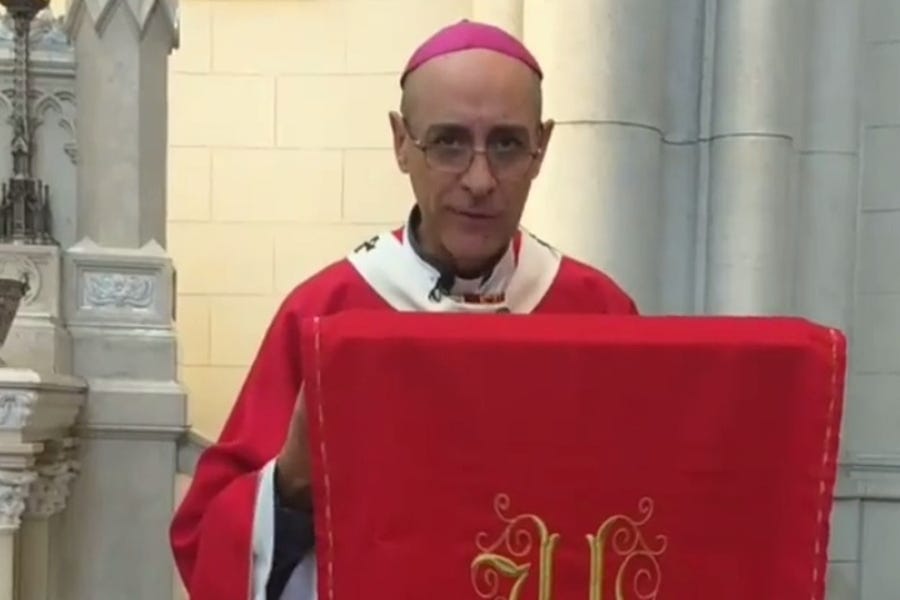Archbishop Fernández named Vatican doctrinal chief
The Argentine theologian succeeds the 79-year-old Spanish Jesuit Cardinal Luis Ladaria Ferrer.
The controversial Argentine theologian Archbishop Víctor Manuel Fernández is the new prefect of the Vatican’s Dicastery for the Doctrine of the Faith.

The Vatican announced July 1 that the Archbishop of La Pla…
